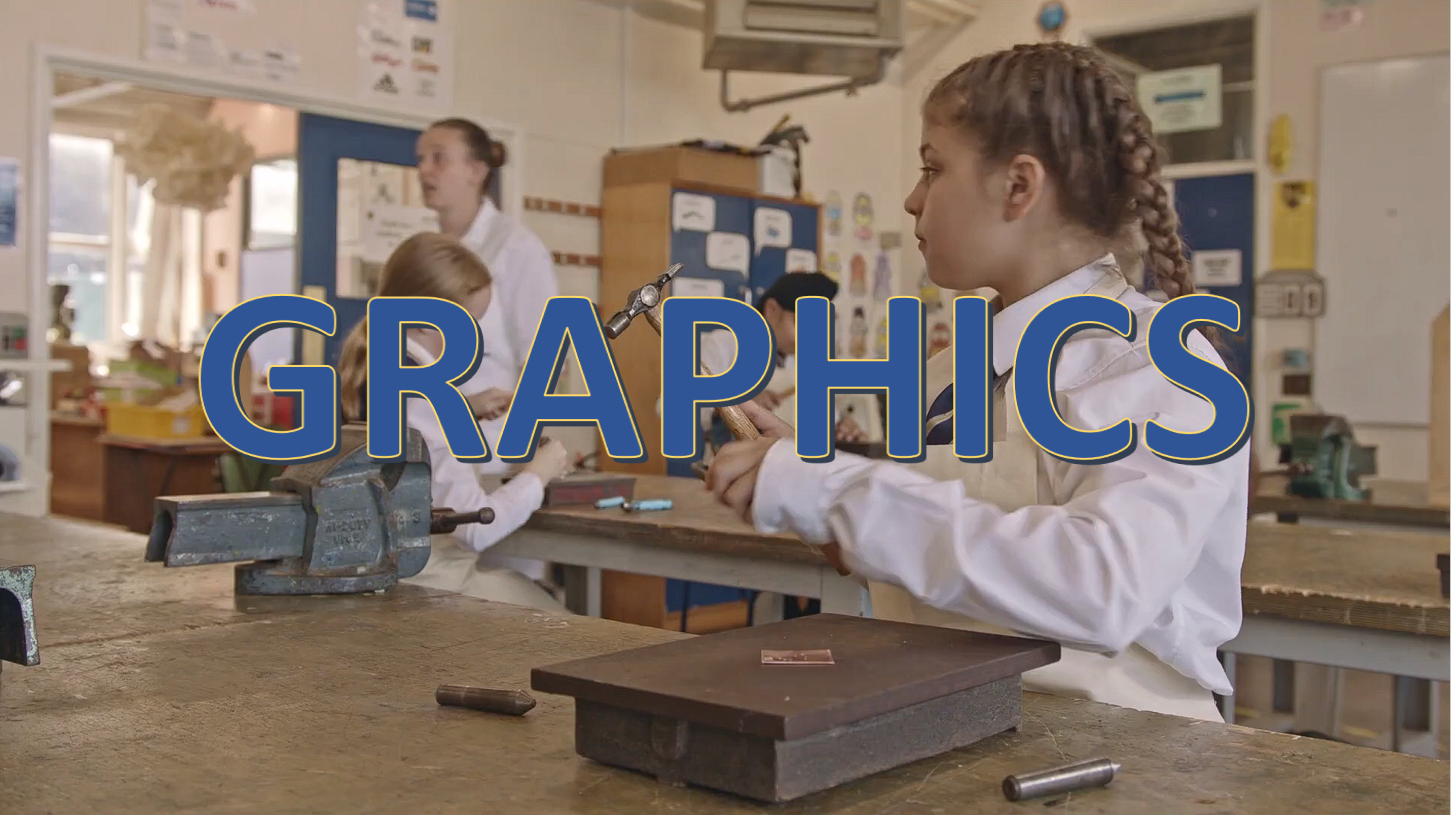Year 11 Information
Year 11 Achievement Evening - Zoom
Changes to the 2022 GCSE exams
Changes to AQA GCSE Art, Craft and Design for 2022
Pupils will only be expected to complete Component 1 (portfolio) and will not complete Component 2 (exam).
This means that pupils will work on their two coursework projects until around the end of April.
Coursework will them be marked in school and these marks will be sent to the exam board in May.
A moderation visit to the school will take place in June to ensure that the marks given are fair and consistent with the marks given at other schools.
Link to AQA Art & Design page:
https://www.aqa.org.uk/subjects/art-and-design/gcse/art-and-design-8201-8206/changes-for-2022
MFL GCSE Exam changes
2022 adaptations for GCSE Latin
•No specific adaptations other than advance information to be provided by 7th February 2022 at the latest
2022 adaptations for GCSE Modern Foreign Languages
•Component 1: speaking- Candidates to prepare as normal for formal spoken examination in 2022 but contingency arrangements in place to have an endorsement instead if needs arise.
•Components 2 and 3: listening and reading- vocabulary used in the examination that does not appear on the specification’s vocabulary list may be translated if it supports candidates’ understanding of the comprehension questions.
•Component 4: Writing- There will be two additional options for candidates to respond to for question 3 (90-120 word task) in the Foundation paper and one additional option for question 2 (150-180 word task) in the Higher paper. Each option will cover content from one of the three broad themes.
English GCSE Exam Changes
AQA English Language
•There are no tiers for the English Language GCSE. All students are entered for the same paper.
•There are two exams for English Language: Paper 1 and Paper 2. •Both papers require students to read texts (one fiction text and two non-fiction texts) and answer 4 questions that will test their understanding of the texts and what the writer is trying to achieve.
•Both papers will also provide students with a written task, which will require students to write for a particular audience and with a particular purpose in mind.
•Revision resources and tips are available on the Hamstead Hall website: https://www.hamsteadhall.com/English/
AQA English Literature
•There are no tiers for the English Literature GCSE. All students are entered for the same paper.
•There are two exams for English Literature: Paper 1 and Paper 2.
•Paper 1 will test students’ understanding of two texts they have previously studied: a nineteenth century novel (Jane Eyre, Jekyll and Hyde, A Christmas Carol) and a modern text (An Inspector Calls.)
•Paper 2 will test their understanding of two texts, one of which they have previously studied: Shakespeare (Macbeth, Much Ado About Nothing) and unseen poetry.
•It is imperative that pupils are familiar with the plot of the three texts they have previously studied.
•Revision resources and tips are available on the Hamstead Hall website: https://www.hamsteadhall.com/English/
The importance of reading
•It is estimated that in order to be successful at GCSE, a student needs to have approximately 50,000 words in their vocabulary by the end of Year 11.
•In order to try and improve the life chances of our students, it is essential that we endeavour to build this vocabulary bank. •One of the key ways in which this can be done is by reading for 20-30 minutes everyday.
•It doesn’t matter what they are reading (fiction or non-fiction), as long as it’s age appropriate and it’s reasonably challenging for them.
•Please support your child with this and encourage and support them to read everyday.
•They should be identifying unfamiliar vocabulary and finding out what the words mean. This should then be recorded in their vocabulary books.
The benefits of reading
•In addition to increasing vocabulary, reading is also known to have other wide-reaching benefits:
•It reduces stress and anxiety.
•It improves memory.
•It improves spelling and grammar.
•It improves the skill of empathy.
•It builds knowledge and awareness of other people/cultures/religions and experiences.
•It is a significant factor in pupils’ life success. Please encourage your child to do it.
•If you have any further questions, please contact Miss Davis (Head of English) or Ms Harrell (Head of Key Stage 4.)
Changes to Geography GCSE (AQA)
Optionality will be introduced into 8035/2 Paper 2: Challenges in the human environment.
•There are no changes to Paper 1: Living with the physical environment - Hazards, Living World and Physical landscapes of the UK
•Changes to Paper 2 - Students must answer all questions in Section A: Urban issues and Section B: The changing economic world. They will not do Section C: The challenge of resource management.
•Changes to Paper 3: Geographical applications. There are no changes to Section A: Issue evaluation. Changes to Section B: Question 5, (on familiar fieldwork) will be removed. Questions on ‘unfamiliar fieldwork’ (theoretical understanding of the fieldwork enquiry process) will remain. The total time allocation for the 8035/3 paper will reduce from 1 hour 15 minutes to 1 hour.
•There will be no advanced information on what exams will cover for GCSE Geography.
 Hamstead Hall Academy
Hamstead Hall Academy


















